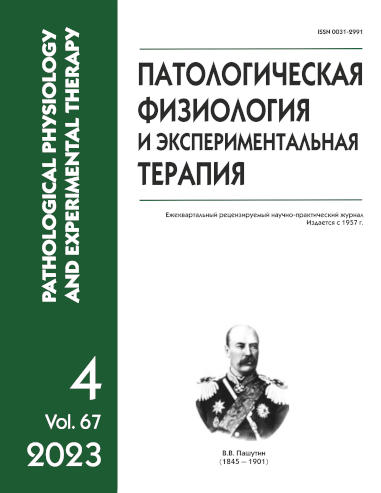Dysfunction of the melatoninergic system in the pathogenesis of diabetes mellitus
Abstract
Diabetes mellitus (DM) is a widespread endocrine disorder with a high risk of death and numerous complications. The pathogenesis of DM has not been fully elucidated, and it is an important research topic in endocrinology. Melatoninergic system dysfunction is considered a possible pathophysiological mechanism in DM. Melatonin (MT), the main hormone of this system, plays a very important physiological role by regulating numerous functions, including circadian rhythms, neuroendocrine system, and cerebral activity. MT’s effects are mediated by the MT1 and MT2 receptors that are found in all parts of the body, including the pancreas. MT has strong antioxidant activity, which is relevant for DM since oxidative stress can trigger DM and its complications. MT plays an important role in the regulation of energy metabolism and maintenance of plasma glucose. MT concentration is decreased in DM patients. Genetic defects affecting the melatonin receptors, MT1 and MT2, may disrupt insulin production and provoke the development of DM. Diagnosis of melatoninergic system dysfunction by detecting disorders of circadian rhythm and MT production may help taking timely prophylactic measures in DM.






